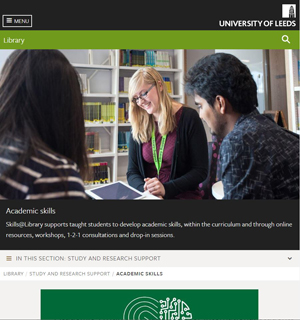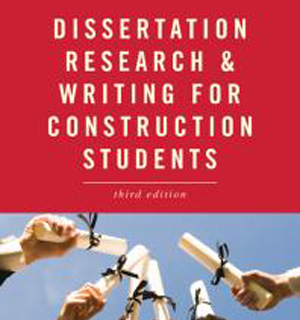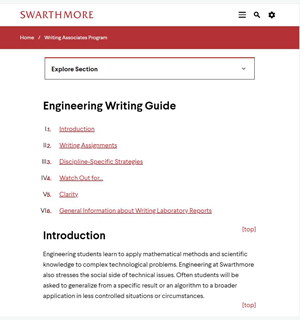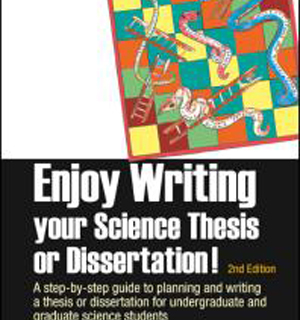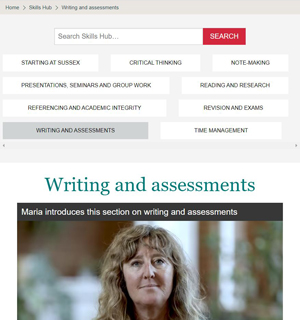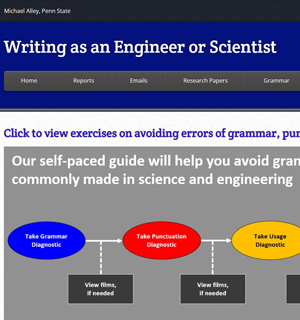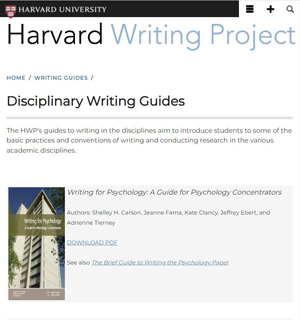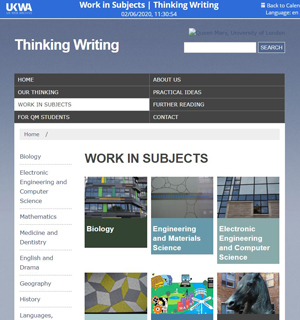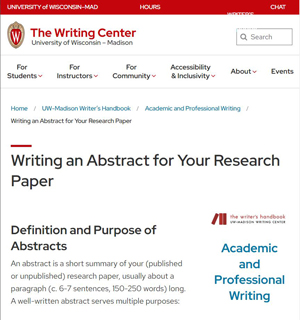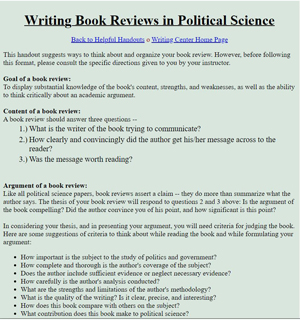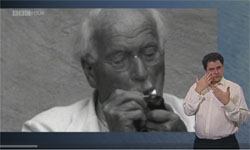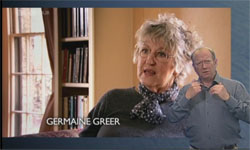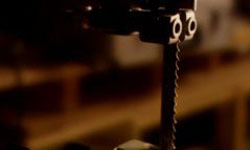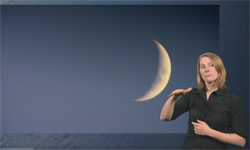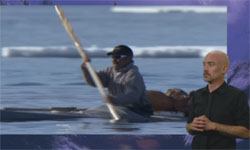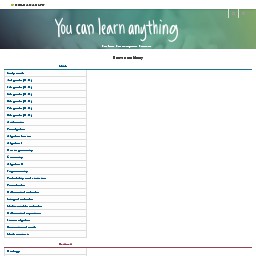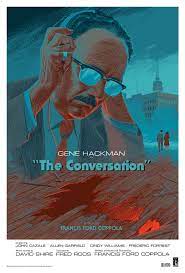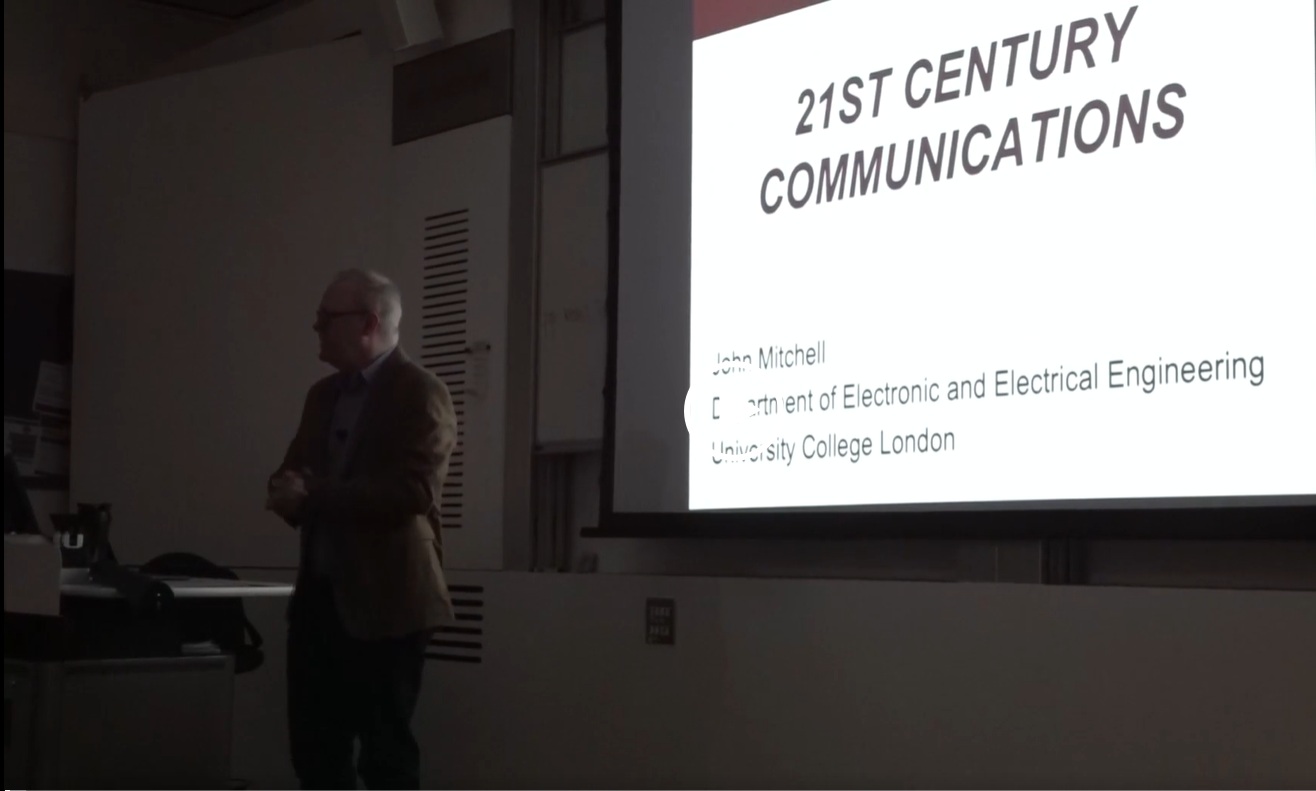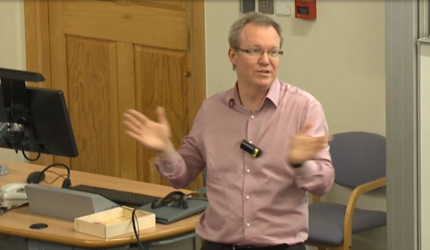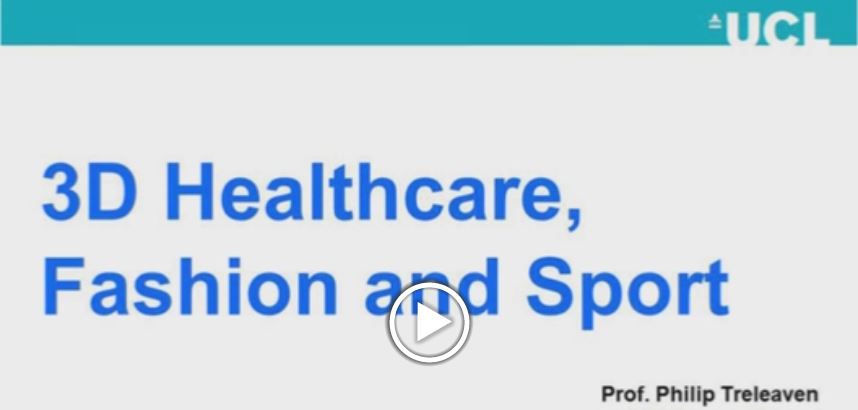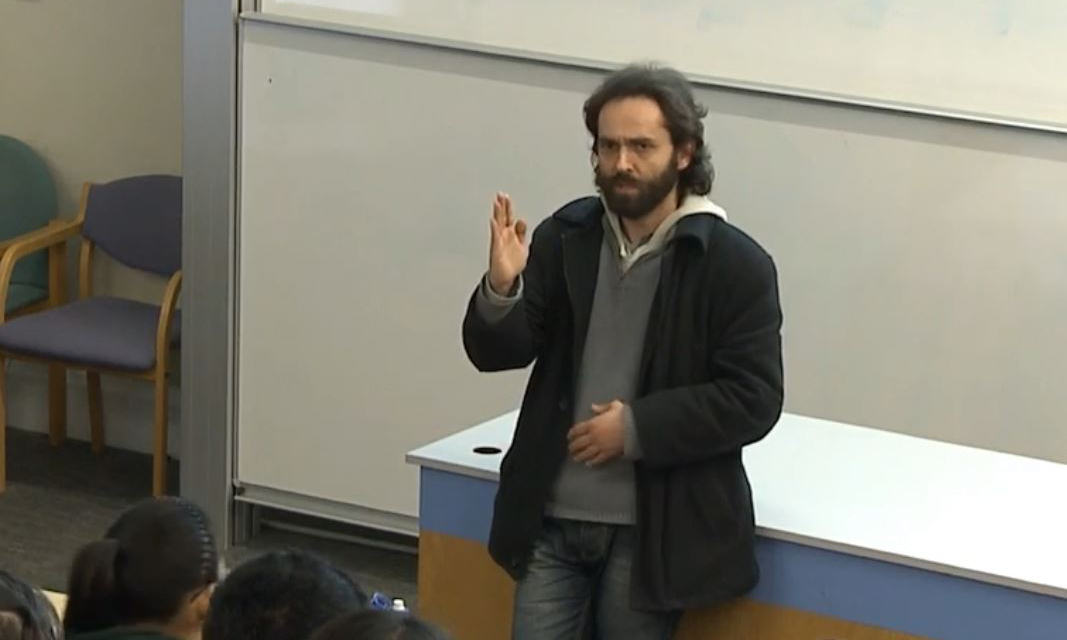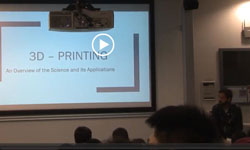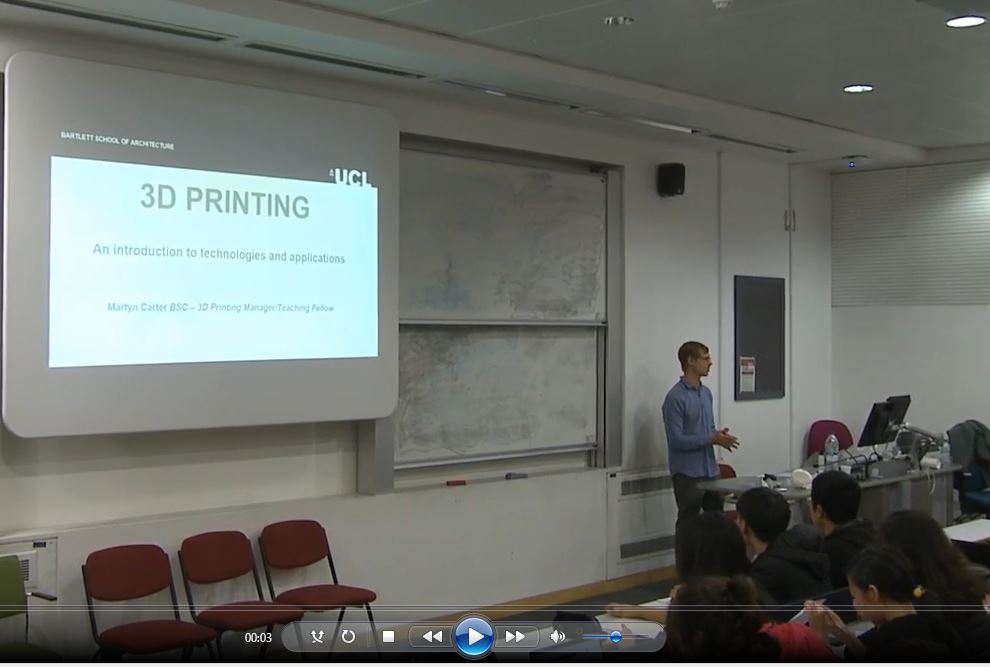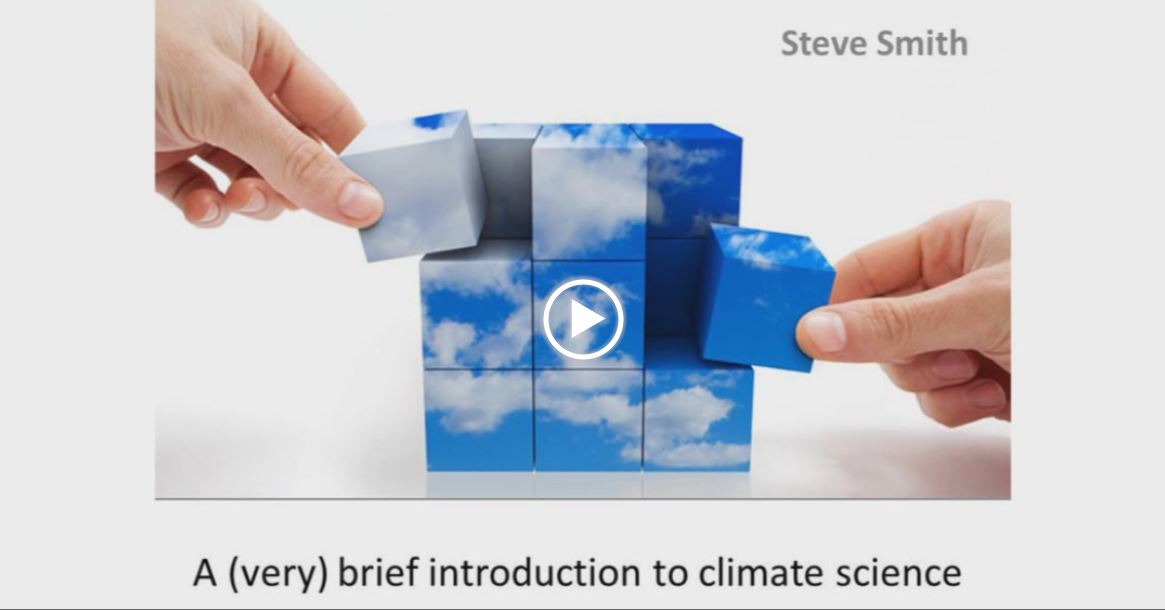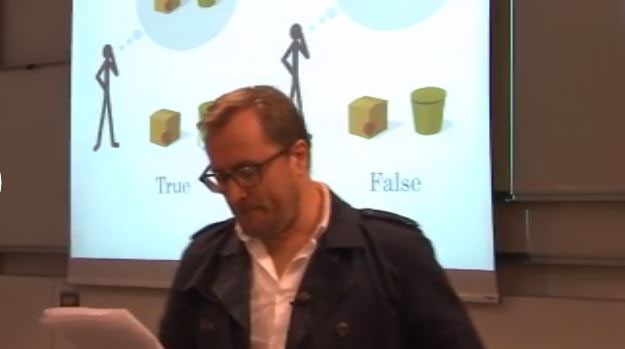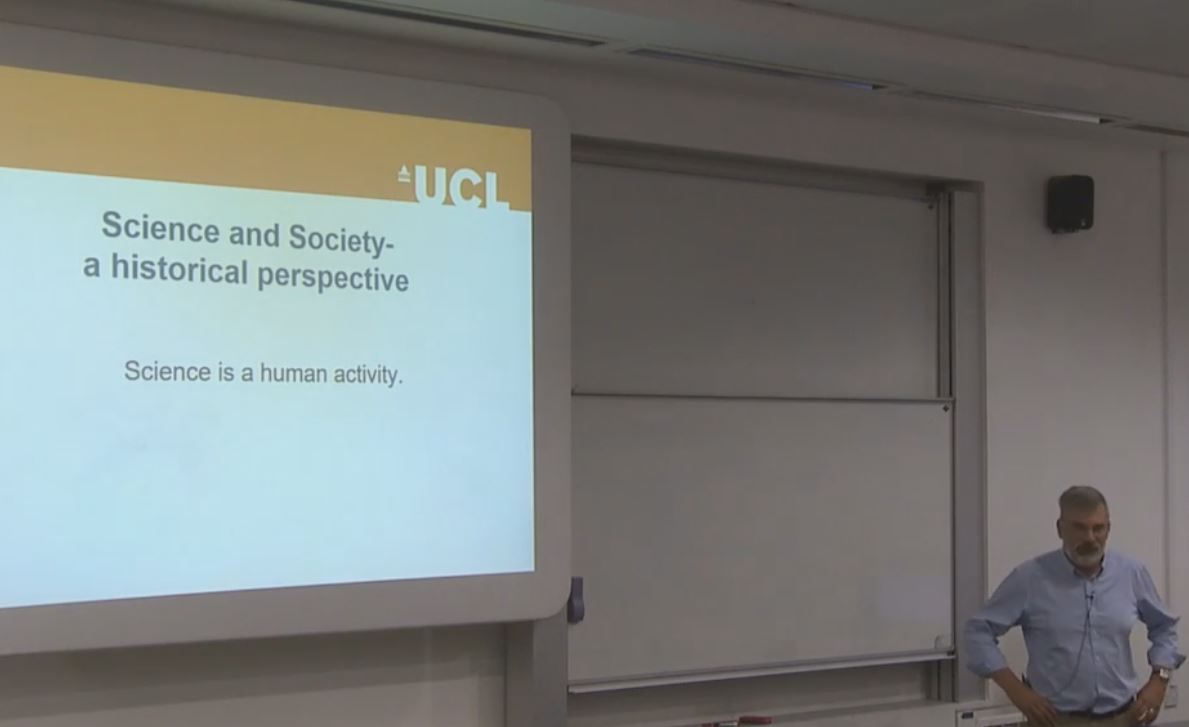Select one or more of these popular tags:
-
Academic Skills
-
Guides and links for many different academic skills from Leeds University Library
Guides and links for many different academic skills from Leeds University Library
-
Assignment structures and samples
-
Links to guides to writing in 10 different discipline areas: architecture, arts, business, education, engineering, IT, law, medicine, pharmaceuticals and science.
Links to guides to writing in 10 different discipline areas: architecture, arts, business, education, engineering, IT, law, medicine, pharmaceuticals and science.
-
Dissertation Research & Writing for Construction Students
-
User-friendly, easy to dip into guide for all Built Environment students Takes the reader from the stage of choosing a topic to writing a well-structured dissertation Best case practice illustrated with numerous examples, case studies and references Dissertation Research and Writing for Construction Students covers topic selection, research planning, data collection and methodology, as well as structuring and writing the dissertation - in fact, everything needed for a successful write-up. A new section advising students on the use of the SPSS software 'Statistical Package for Social Sciences' will help readers make the best use of this tool. New examples and references ensure that this new edition of the bestselling construction dissertation guide is right up to speed with current practice. This is the ideal resource for students involved in research in Construction Management, Building and Quantity Surveying.
User-friendly, easy to dip into guide for all Built Environment students Takes the reader from the stage of choosing a topic to writing a well-structured dissertation Best case practice illustrated with numerous examples, case studies and references Dissertation Research and Writing for Construction Students covers topic selection, research planning, data collection and methodology, as well as structuring and writing the dissertation - in fact, everything needed for a successful write-up. A new section advising students on the use of the SPSS software 'Statistical Package for Social Sciences' will help readers make the best use of this tool. New examples and references ensure that this new edition of the bestselling construction dissertation guide is right up to speed with current practice. This is the ideal resource for students involved in research in Construction Management, Building and Quantity Surveying.
-
Engineering Writing Guide
-
Brief guide to writing in Engineering, including lab reports.
Brief guide to writing in Engineering, including lab reports.
-
Enjoy Writing Your Science Thesis Or Dissertation! : A Step-by-step Guide To Planning And Writing A Thesis Or Dissertation For Undergraduate And Graduate Science Students (2nd Edition)
-
This book is a step by step illustrated guide to planning and writing dissertations and theses for undergraduate and graduate science students. Topics covered include advice on writing each section of a thesis as well as general discussions on collecting and organizing references, keeping records, presenting data, interacting with a supervisor and avoiding academic misconduct. Recommendations about how to use word processors and other software packages effectively are included, as well as advice on the use of other resources. A concise summary of important points of English grammar is given, along with appendices listing frequently confused words and wordy phrases to avoid. Further appendices are provided, including one on SI units. The aim is to provide an easy-to-read guide that gives students practical advice about all aspects of writing a science thesis or dissertation, starting from writing a thesis plan and finishing with the viva and corrections to the thesis.
This book is a step by step illustrated guide to planning and writing dissertations and theses for undergraduate and graduate science students. Topics covered include advice on writing each section of a thesis as well as general discussions on collecting and organizing references, keeping records, presenting data, interacting with a supervisor and avoiding academic misconduct. Recommendations about how to use word processors and other software packages effectively are included, as well as advice on the use of other resources. A concise summary of important points of English grammar is given, along with appendices listing frequently confused words and wordy phrases to avoid. Further appendices are provided, including one on SI units. The aim is to provide an easy-to-read guide that gives students practical advice about all aspects of writing a science thesis or dissertation, starting from writing a thesis plan and finishing with the viva and corrections to the thesis.
-
Example student essays
-
7 example student essays with tutor feedback in 5 different disciplines: English lit, Int. Security, Anthropology, Biomedical Science and Psychology.
7 example student essays with tutor feedback in 5 different disciplines: English lit, Int. Security, Anthropology, Biomedical Science and Psychology.
-
Exercises on Grammar, Punctuation and Usage in Scientific Writing
-
A collection of guides, videos and exercise to help improve scientific writing.
A collection of guides, videos and exercise to help improve scientific writing.
-
Harvard Writing Project
-
A collection of free downloadable pdf books explaining in detail how writing is done in different disciplines (see tags).
A collection of free downloadable pdf books explaining in detail how writing is done in different disciplines (see tags).
-
Thinking Writing: Work in Subjects
-
Links to guides to writing in 12 subjects (but Engineering and STEM links were broken at last check).
Links to guides to writing in 12 subjects (but Engineering and STEM links were broken at last check).
-
Writing an Abstract for your Research Paper
-
A guide to writing abstracts in social sciences, humanities and sciences with analysis of samples.
A guide to writing abstracts in social sciences, humanities and sciences with analysis of samples.
-
Writing Book Reviews in Political Science
-
A very brief guide to writing book reviews in Political Science including suggestions for criteria to judge the book organisation of the book review.
A very brief guide to writing book reviews in Political Science including suggestions for criteria to judge the book organisation of the book review.
-
Writing in Different Disciplines
-
A collection of links to discipline-specific writing advice and help at American universities.
A collection of links to discipline-specific writing advice and help at American universities.
-
Writing in the Disciplines
-
Links to guides to writing in 24 different disciplines.
Links to guides to writing in 24 different disciplines.
Series which looks at important thinkers through the TV and radio broadcasts they made for the BBC. Includes rare and never-seen archive of Freud, Jung and Bertrand Russell.
- British-Sign-Language
- General Science
- BSL subtitles
- 60
Series which looks at important thinkers through the TV and radio broadcasts they made for the BBC. Includes rare and never-seen archive of Freud, Jung and Bertrand Russell.
The question of how to run a good society has puzzled intellectuals for centuries. Should we allow governments to secure a better country, or place our trust in the individual?
- British-Sign-Language
- General Science
- BSL subtitles
- 60
The question of how to run a good society has puzzled intellectuals for centuries. Should we allow governments to secure a better country, or place our trust in the individual?
Horizon reveals the latest research into one of the most mysterious and common human experiences - pain.
- British-Sign-Language
- General Science
- No subtitles
- 60
Horizon reveals the latest research into one of the most mysterious and common human experiences - pain.
Famed for their ability to inflict Armageddon from outer space, asteroids are now revealing the secrets of how they are responsible for both life and death on our planet.
- British-Sign-Language
- General Science
- BSL subtitles
- 58
Famed for their ability to inflict Armageddon from outer space, asteroids are now revealing the secrets of how they are responsible for both life and death on our planet.
The Arctic is the harshest environment on Earth: little food grows, it's dark for months on end, and temperatures stay well below freezing for much of the year. Yet four million people manage to survive here.
- British-Sign-Language
- British-Sign-Language
- Natural World
- BSL subtitles
- 60
The Arctic is the harshest environment on Earth: little food grows, it's dark for months on end, and temperatures stay well below freezing for much of the year. Yet four million people manage to survive here.
-
Khan Academy
A library of almost 3000 short videos arithmetic to physics, finance, and history with practice exercises. A very useful resource to practice your listening and note-taking skills while learning something new.
A library of almost 3000 short videos arithmetic to physics, finance, and history with practice exercises. A very useful resource to practice your listening and note-taking skills while learning something new.
-
The Conversation
-
Francis Ford Coppola , 1974
A paranoid, secretive surveillance expert has a crisis of conscience when he suspects that the couple he is spying on will be murdered.
- Films
- English subtitles
- 113
A paranoid, secretive surveillance expert has a crisis of conscience when he suspects that the couple he is spying on will be murdered.
-
21st Century Communications
-
John Mitchell , 2025
Science and Society Lecture. 03-02-25
- Lectures
- English subtitles
- 41
Science and Society Lecture. 03-02-25
-
21st Century Communications
-
Professor John Mitchell , 2017
Science and Society Lecture - 21st February 2017
- Lectures
- No subtitles
- 41
Science and Society Lecture - 21st February 2017
-
3D Healthcare and Wellbeing
-
Prof Philip Treleaven
Pre-sessional Lecture 2010
- Lectures
- Lectures
- Medical Sciences
- No subtitles
- 60
Pre-sessional Lecture 2010
-
3D Printing
-
Dr Yiannis Koutsonas , 2017
Science and Society Lecture - 7th February 2017
- Lectures
- No subtitles
- 42
Science and Society Lecture - 7th February 2017
-
3D Printing
-
Dr Yiannis Koutsonas , 2017
Science and Society Lecture - 10th October 2017
- Lectures
- No subtitles
- 42
Science and Society Lecture - 10th October 2017
-
3D Printing
-
Dr Martyn Carter , 2018
Science and Society Lecture 16/10/2018
- Lectures
- No subtitles
- 46
Science and Society Lecture 16/10/2018
-
A Brief History of Reason
-
Ian Newby , 2015
IPM Lecture 12th October 2015
- Lectures
- No subtitles
- 76
IPM Lecture 12th October 2015
-
A History Of Science And Society -09.10.18
-
Dr Peter Bowman , 2018
Science and Society Lecture 09.10.2018
- Lectures
- No subtitles
- 47
Science and Society Lecture 09.10.2018

